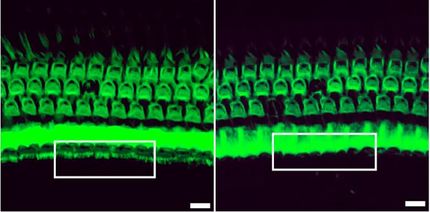DuPont Pioneer Gains Exclusive License for Genome-Editing Technology from Vilnius University
DuPont Pioneer (DuPont) announced a technology license and research collaboration agreement with Vilnius University to further the technical and commercial utility of guided Cas9 genome editing technology. Under the agreement, DuPont receives an exclusive license to Vilnius University intellectual property for all commercial uses, including in agriculture. In addition, Vilnius University and DuPont have entered into a multi-year research collaboration to advance the development of the technology.
“Guided Cas9 is one of the most exciting recent breakthroughs in biology and, through our collaboration with Vilnius University, we’re positioning DuPont to be an early adopter of this promising new technology in agriculture,” said Neal Gutterson, vice president, Agricultural Biotechnology for DuPont Pioneer, the advanced plant genetics business of DuPont. “The superior properties of guided Cas9 assist our scientists to develop innovative and sustainable solutions for growers similar to those realized through marker-assisted plant breeding, but with even greater precision and accelerated development timelines.”
A team of scientists from the Vilnius University Institute of Biotechnology was one of the first groups to discover that the Cas9 protein could be repurposed to precisely edit targeted sections of an organism’s DNA to achieve a specific outcome. In plants, this can include promoting drought tolerance and disease resistance for protecting plant health and increasing crop yields.
“We are pleased to have had our invention licensed by DuPont,” said Professor Virginijus Siksnys at the Institute of Biotechnology of Vilnius University. “The easy programmability of this customizable system brings unprecedented flexibility and versatility for precise genome editing. We have been and are continuing to collaborate with DuPont scientists to improve the technology further.”
Financial details of the agreement were not disclosed.
Organizations
Other news from the department science

Get the life science industry in your inbox
By submitting this form you agree that LUMITOS AG will send you the newsletter(s) selected above by email. Your data will not be passed on to third parties. Your data will be stored and processed in accordance with our data protection regulations. LUMITOS may contact you by email for the purpose of advertising or market and opinion surveys. You can revoke your consent at any time without giving reasons to LUMITOS AG, Ernst-Augustin-Str. 2, 12489 Berlin, Germany or by e-mail at revoke@lumitos.com with effect for the future. In addition, each email contains a link to unsubscribe from the corresponding newsletter.



















































